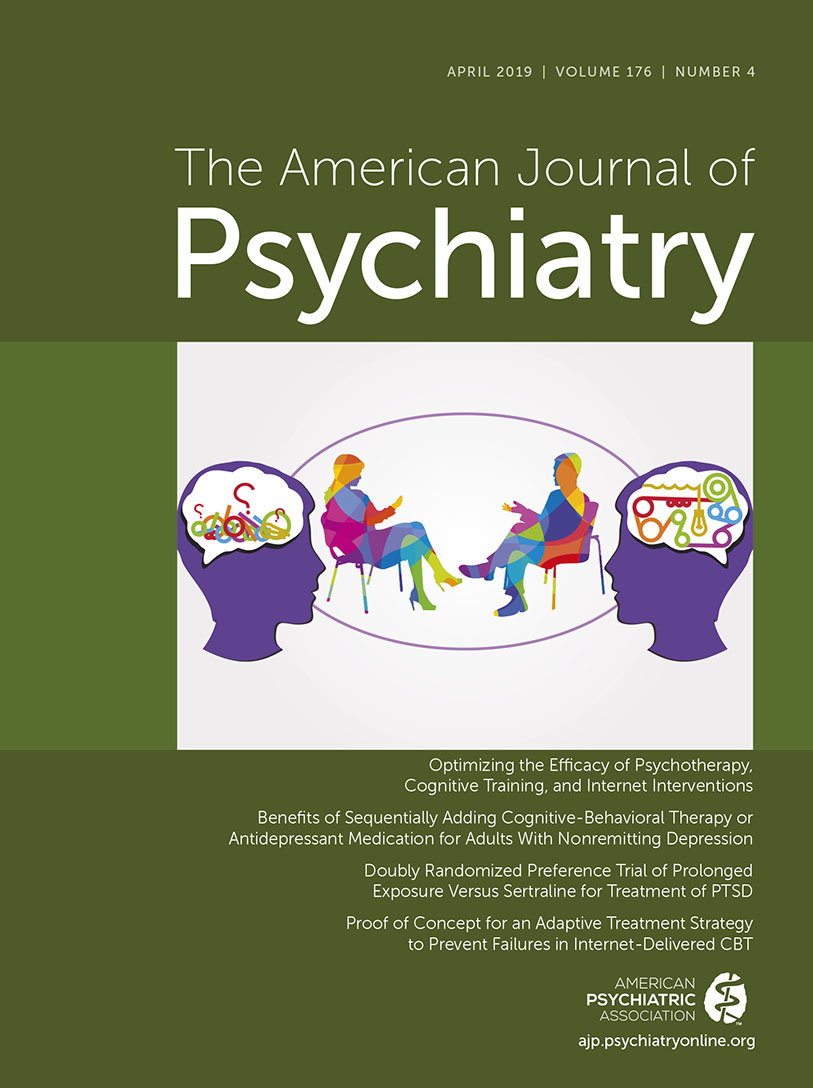Guanfacine Augmentation of a Combined Intervention of Computerized Cognitive Remediation Therapy and Social Skills Training for Schizotypal Personality Disorder
Abstract
Objective:
Impaired cognition is a hallmark of schizophrenia spectrum disorders, including schizotypal personality disorder, and it is the best predictor of functional outcome. Cognitive remediation therapy has demonstrated efficacy for improving cognition, augmenting other rehabilitation efforts in schizophrenia, and effecting gains in real-world functioning. Pharmacological augmentation of cognitive remediation has been attempted, but the effects of augmentation on combined therapies, such as cognitive remediation and social skills training, have not been studied.
Methods:
Twenty-eight participants with schizotypal personality disorder enrolled in an 8-week, randomized, double-blind, placebo-controlled trial of guanfacine plus cognitive remediation and social skills training (15 guanfacine, 13 placebo). Cognition was assessed with the MATRICS (Measurement and Treatment Research to Improve Cognition in Schizophrenia) Consensus Cognitive Battery (MCCB), social cognition with the Movie for the Assessment of Social Cognition (MASC), and functional capacity with the University of California San Diego Performance-Based Skills Assessment (UPSA).
Results:
A statistically significant pre- versus posttreatment effect was observed for MCCB speed of processing, verbal learning, and visual learning and UPSA total score. A significant time-by-medication (guanfacine, placebo) interaction was observed for MCCB reasoning and problem solving and UPSA total score; the time-by-treatment interaction approached significance for MASC hypomentalizing errors.
Conclusions:
Both guanfacine and cognitive remediation plus social skills training were well tolerated, with no side effects or dropouts. Participants treated with cognitive remediation, social skills training, and guanfacine demonstrated statistically significant improvements in reasoning and problem solving, as well as in functional capacity and possibly social cognition, compared with those treated with cognitive remediation, social skills training, and placebo. Cognitive remediation plus social skills training may be an appropriate intervention for individuals with schizotypal personality disorder, and guanfacine appears to be a promising pharmaceutical augmentation to this psychosocial intervention.



